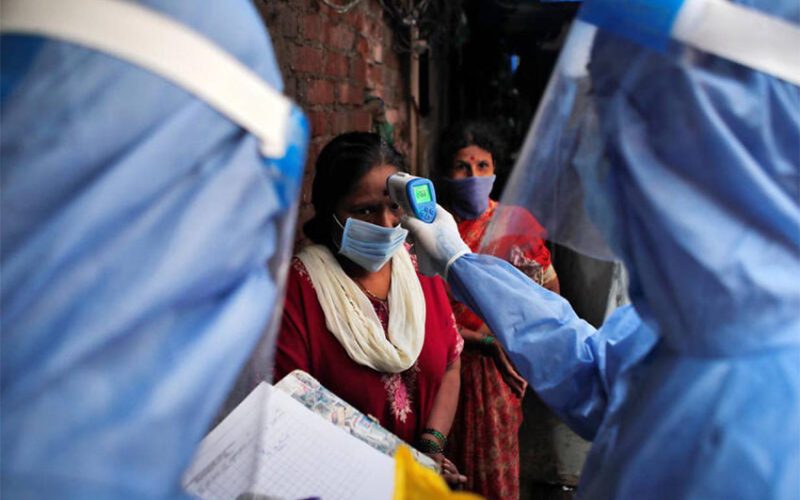
COVID-19 could be the end of ‘global health’ as we know it
THE pandemic has made us painfully aware of our common vulnerability to disease outbreaks. New communicable diseases originating in one part of the world can spread quickly and widely, underlining that health is a global concern. But this is old news. COLIN MCINNES, Pro Vice-Chancellor, Research, Knowledge Exchange and Innovation, Aberystwyth University The advent of the concept of “global health” is well established in both the academic literature and policy discussions, reflecting the consensus that we have seen a fundamental change in the nature of the causes and outcomes of ill-health in recent decades. This change is rooted in the…


